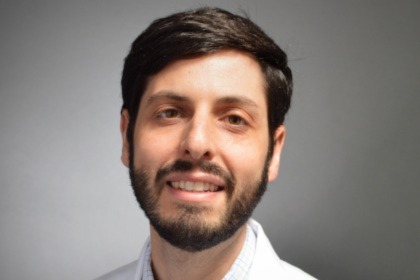(NOVEMBER 10, 2022) Nataniel Lester-Coll, M.D., assistant professor of radiation oncology, spoke about the effects of cyberattacks on radiation oncology at the American Society for Radiation Oncology’s 2022 Annual Meeting in San Antonio, Texas, Medscape reported.

Nataniel Lester-Coll, M.D.
(NOVEMBER 10, 2022) Nataniel Lester-Coll, M.D., assistant professor of radiation oncology, spoke about the effects of cyberattacks on radiation oncology at the American Society for Radiation Oncology’s 2022 Annual Meeting in San Antonio, Texas, Medscape reported. It’s not a question of if but when this will happen, he warned. Lester-Coll and other presenters discussed recent debilitating cyberattacks on radiation oncology departments that halted services, such as a May 2021 attack in New Zealand at a major medical center that resulted in disruption of cancer patient care and its radiation oncology clinics for weeks, and another spring 2021 cyberattack on the Yale New Haven Health health care system, which includes numerous facilities in more than six primary locations. Two years ago, the University of Vermont Health Network suffered a cyberattack that rendered many hospital systems inaccessible, including hospital EMR systems and laboratory, pharmacy, pathology, radiology, phone, and email systems. To limit the damage of cyberattacks, Lester-Coll recommended the development of purposeful redundancies in the management system, such as frequent offline system backups to quickly restore function, and the development of system “silos” that would be exempt from network outages. In addition, a strong working relationship should be established with the IT department -- as any response to an attack would require their input and support. Finally, disaster readiness exercises should be performed annually to test the strengths and weaknesses of any contingency planning.
Read full story
at
Medscape